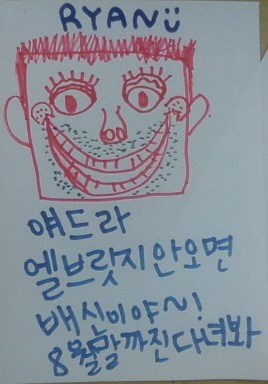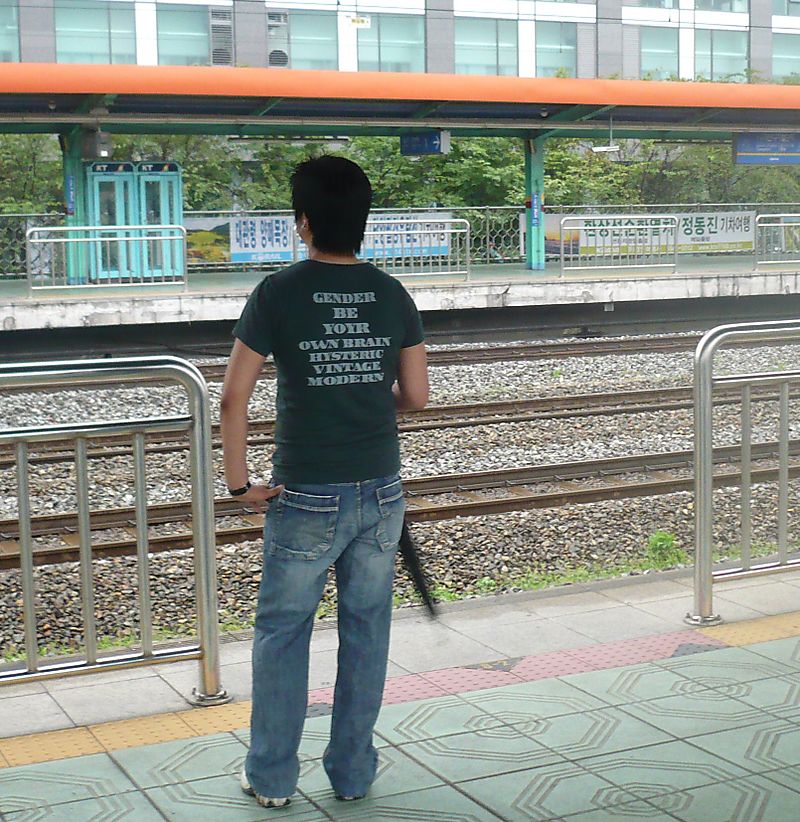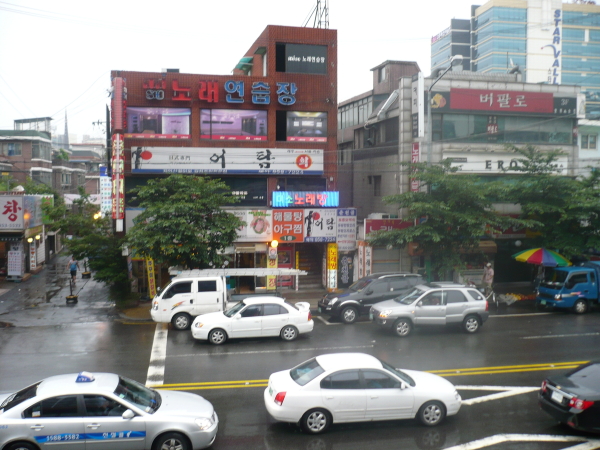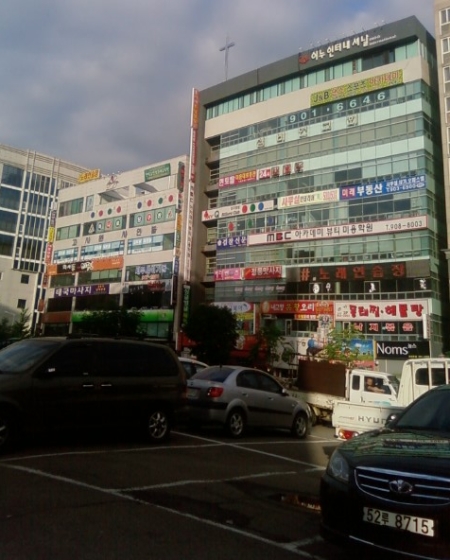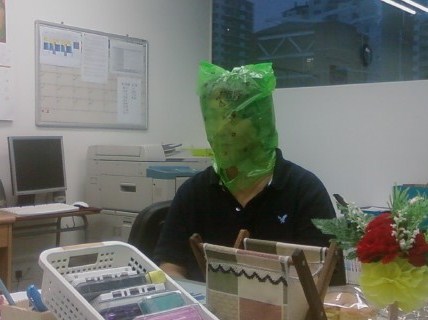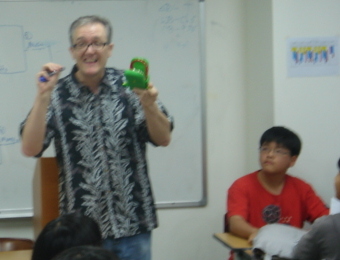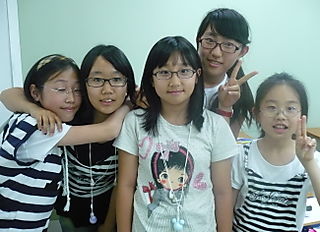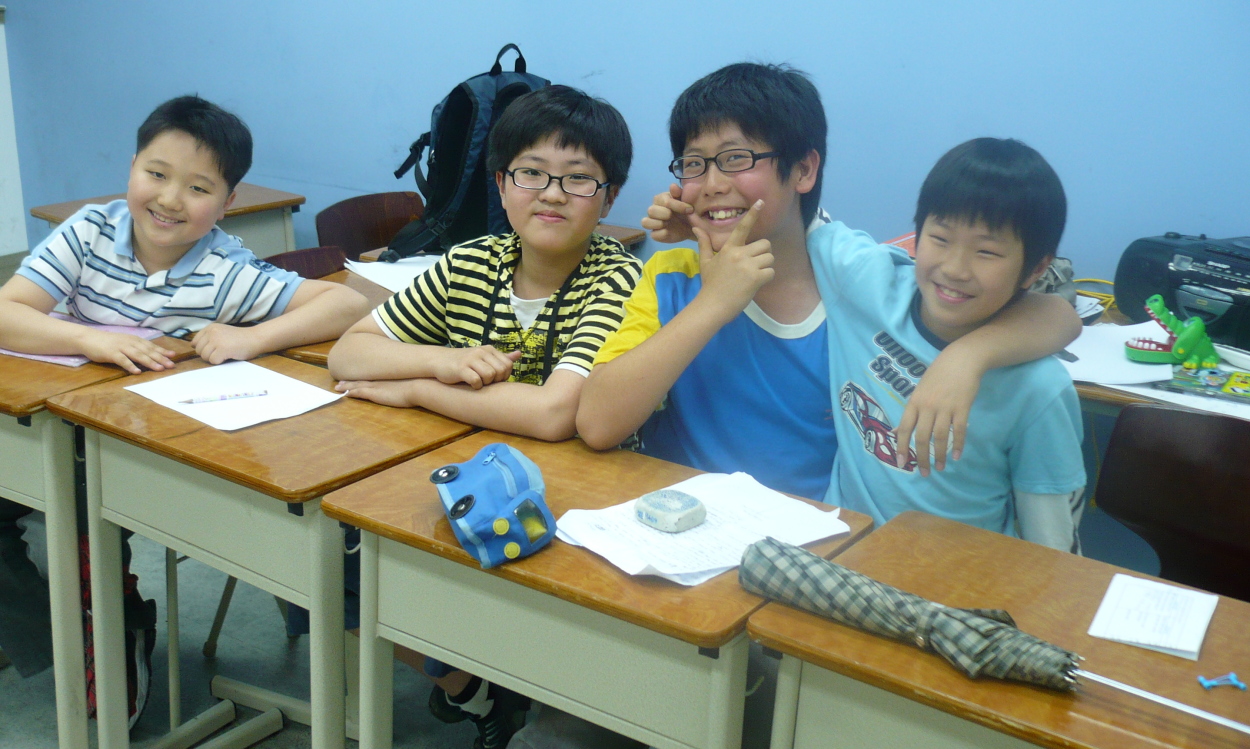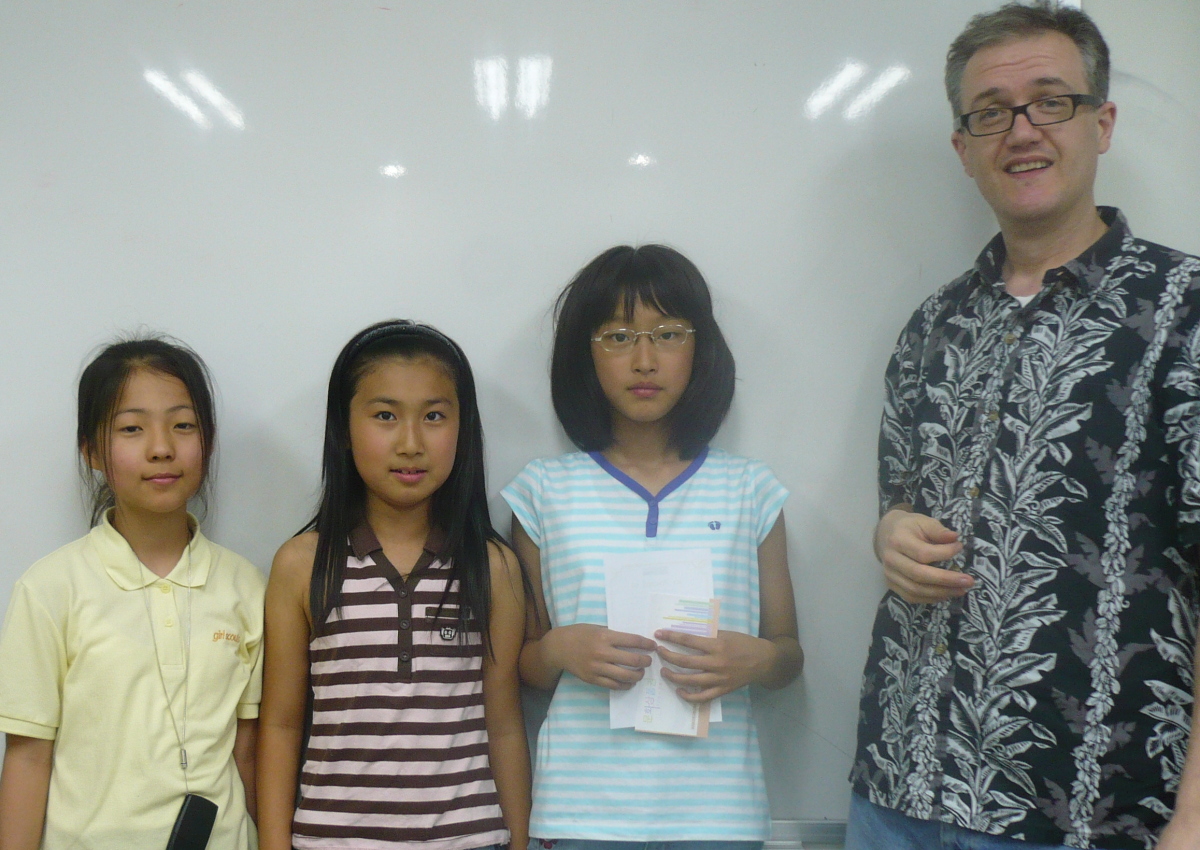I'm going to post one of my periodic rants about technology. Specifically, after having owned this laptop for about a year, I'm going to give it a negative review. I have a Sony Vaio VGN-SZ460N that I bought last summer when my previous Vaio laptop died.
The thing about my last Sony that died was the screen – the LCD screens on laptops seem like the first thing to go, sometimes. But I had owned that laptop for 3 years, and that was the first and only problem I ever had with it. And I also owned a Vaio desktop that I had been very happy with. So I felt some loyalty toward Sony Vaio – especially given the almost nightmarish experiences I've had with other brands, including Compaq (now HP), and, in work environments, with HP and Dell. All these brands had serious quality consistency problems of one kind or another.
So I bought this Sony Vaio laptop. Immediately, however, I knew there would be problems. Vista was fresh out of the ovens at Microsoft, and I'd heard bad things about it already, but I had no choice, in getting a new laptop on short notice, but to get a Vista machine. And, if you turn back to my blog of a year ago, you will see that I hated Vista immediately.
But I have been blaming most of my frustrations with my laptop, up until now, on the operating system, which I supplemented with additional installs of Ubuntu linux and Microsoft Windows Server 2003. Now, I am reaching the conclusion that there are engineering problems with the laptop, as well. This is because my latest upgrade to ubuntu has created a new problem, which, up until this point, was unique to Vista: the system appears to get overheated when running certain graphics applications, and will unexpectedly shut down completely. Total failure. I assume this is a safety feature related to the graphics chips running too hot, as it is clearly very low-level. The O/S never gets a chance to notice what's happening – the box simply gets too hot and the power switch kicks.
I guess I'm grateful that the chipset has this feature, in the sense that it's nice not to have a flaming laptop in my, er, lap. But it points up a basic design flaw if this happens on a regular basis, and under more than one O/S. I suspect I never had the problem before in linux, because the previous versions of ubuntu that I was running weren't "smart" enough about the presence of the graphics features of the laptop. And with Server 2003, I don't have any problem at all, since it doesn't even have a driver for NVIDIA graphics, and I run it under a generic driver set with pretty basic features.
I'm still trying to figure out what specific features of the graphics set cause the overheating – it happens during some games that involve 3d graphics, and it happens when I'm watching movies and running at least one other ACTIVE application (e.g. a database or an internet download) at the same time. Again, this happens now in both Windows Vista Business and Ubuntu 8.04. If I can figure out what specific features are causing the overload, I'll try to disable them, but so far I can't figure it out. I'm planning a downgrade of Ubuntu back to someting 7.xx, in the meantime, as I'd like to have something stable that's pleasant to work with and doesn't suffer the generic-level graphics I get under Server 2003.
But, again, my point in all of this is merely to underscore the fact that, when it was just Vista, I was inclined to blame the O/S. But now that it's Linux, too, my only logical conclusion is to decide the problem is with the Vaio laptop. And that means Sony Vaio just lost my customer loyalty. The next laptop will involve lots of comparison shopping.
Still, this doesn't get Vista off the hook. There are too many other things about it that I despise – so the fact that it can't manage my laptop's overheating problem is fairly minor in the grand scheme of things. If I can return to a stable install of Ubuntu, I'll be happiest, but I've been struggling with that. Mostly due to a lack of sufficient harddrive space – I need to shuffle some files around, ensuring I don't lose anything I want to keep, until I can get a free partition for a new Ubuntu witthout losing the existing one (so I can rescue the data off of it). The problem here is about my recent fondness for downloading Korean movies and television shows.
Other, minor complaints about this Vaio: the touchpad is much more difficult to tweak to the level of sensitivity that I like than on my previous two laptops; the mouse buttons below the touchpad are already "dying" – I have to "bang" quite hard on the left button to get a response, now; the keyboard is less comfortable than the last one, and the fact that the laptop runs "hot" so much of the time makes extended typing sessions unpleasant; the little trapdoor for the ethernet plug was shoddy plastic and doesn't stay shut, now; the cooling fan is loud (probably related to the overheating problem too, actually).
OK, then. End-of-rant. Have a happy day.


